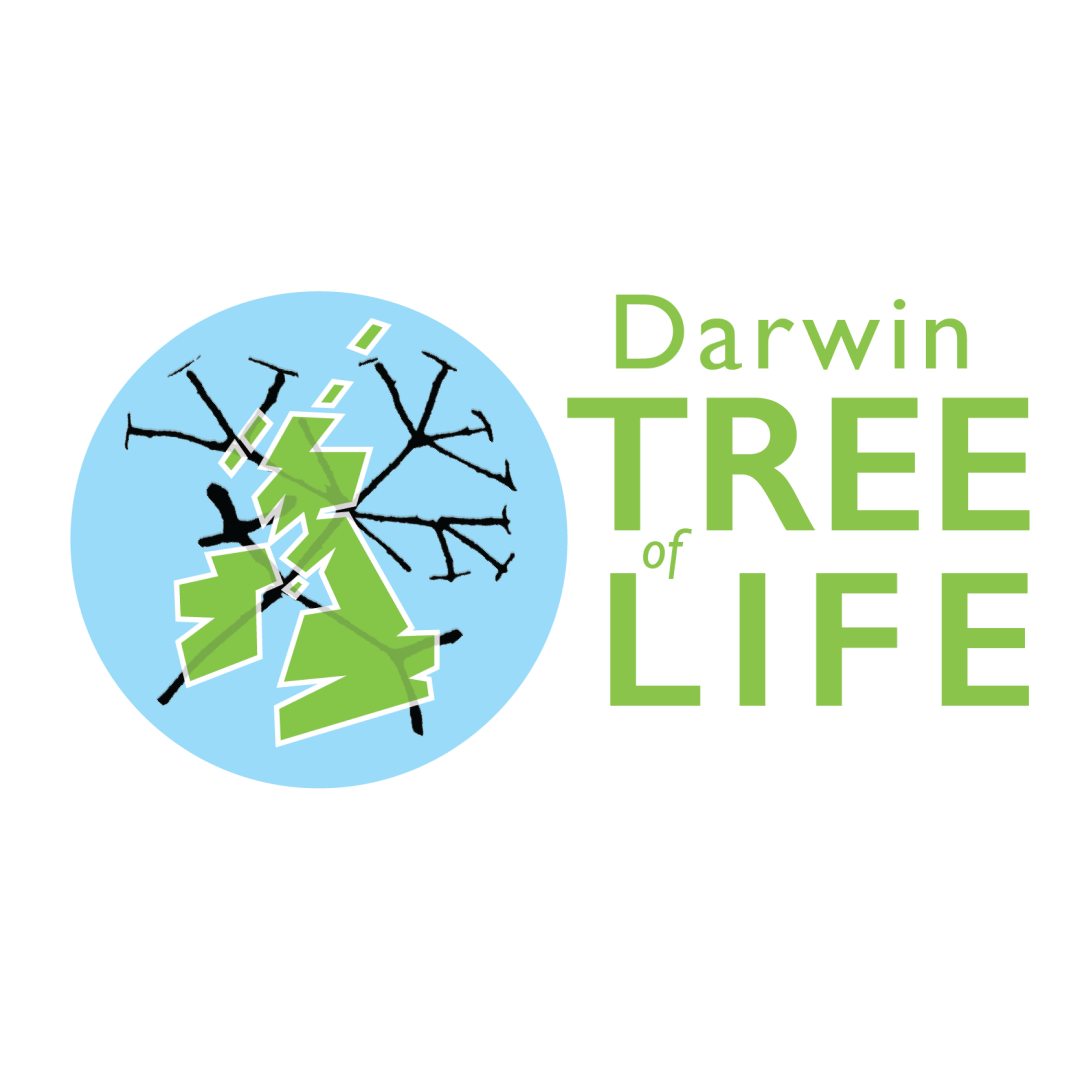
The Earth BioGenome Project was founded
On Nov. 1, 2018, the Earth BioGenome Project (EBP) was launched, a global effort to sequence the genetic code of all the planet’s eukaryotes – some 1.5 million known species, including all plants, animals, protozoa and fungi.
The Wellcome Sanger Institute that it will lead the UK contribution to the EBP by sequencing all 66,000 eukaryotic species across the British Isles, a new project known as the Darwin Tree of Life Project. The UC Davis Genome Center is the administrative home for the EBP.
The UC Davis Genome Center is currently the administrative home for the EBP, led by Harris Lewin, a distinguished professor of evolution and ecology at UC Davis and chair of the EBP Working Group.
The EBP has made extraordinary progress in the last year leading up to the official launch. Seventeen institutions from across the globe, including the USA, United Kingdom, China, Germany, Denmark and Brazil, have signed a Memorandum of Understanding that commits each institution to work together towards the common goals of the project. In addition, 15 scientific communities and national and regional projects are also affiliated with the EBP.
The project builds on recent achievements of sequencing sets of species’ genomes for the first time. For example, the Vertebrate Genomes Project, chaired by Erich Jarvis of Rockefeller University, released the genomes of 14 species, including bat and fish species, the Canadian lynx and kakapo, with the ultimate aim of sequencing the genetic code of all 66,000 extant vertebrates.
The Beijing Genomics Institute (BGI) in Shenzhen, China, is also playing a major role in the project by leading the effort to sequence 10,000 plant genomes. The Global Ant Genomes Alliance aims to sequence approximately 200 ant genomes. Similarly, the USDA is launching an effort to sequence 100 genomes of agriculturally important insects and mites.
Recent and future advances in genomic sequencing and information technology make the project possible. It is expected to take ten years at an estimated cost of about $4.7 billion. By comparison, the Human Genome Project today would cost $5 billion, accounting for inflation. The EBP activities are currently funded by the participating organizations as well as private foundations, governmental organizations and crowd-funding sources.
Tags:
Source: Earth BioGenome Project
Credit:
